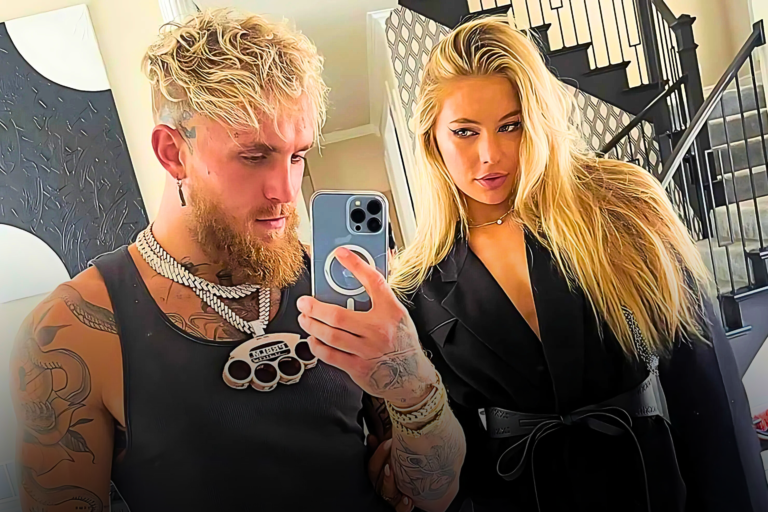
Viviane Araújo Ethnicity, Nationality, & More: Where Is the UFC Star From?
At 37, Viviane Araújo stands as a fierce competitor in the UFC women’s flyweight division. With a UFC debut in 2019 and a 6-5 record under her belt, her journey reflects determination and resilience. As she prepares for her upcoming fight at UFC 309, fans are curious not only about her fight record but also about her roots. Let’s dive into where she’s from, her cultural heritage, and how her journey shaped her rise in the world of combat sports.
What is Viviane Araújo’s Ethnicity and Nationality?
Viviane Araújo proudly represents Brazil both in nationality and heritage, embodying the spirit of the Afro-Brazilian community. Brazil has one of the largest Afro-descendant populations outside of Africa, and this rich blend of African, Indigenous, and European ancestry is a cultural cornerstone, shaping the country’s art, cuisine, and martial arts. Araújo’s Afro-Brazilian identity is a deep source of pride and resilience, one she brings into each fight. Her heritage influences not just her fighting style but her entire approach to the sport, symbolizing strength and perseverance.
Araújo’s fighting style is dynamic, combining her Brazilian jiu-jitsu base with Muay Thai and wrestling. Known for her powerful strikes and grappling, she’s made her mark in the flyweight division by going head-to-head with some of the top fighters since her UFC debut. While her path hasn’t been smooth, her perseverance is evident in each match. As she trains for UFC 309, her story inspires fans and represents a journey from humble beginnings to the global stage.

More About Viviane Araújo’s Early Life
Born on November 21, 1986, in Ceilândia—a vibrant satellite city near Brasília, Brazil’s capital—Viviane grew up surrounded by a resilient culture and the energy of combat sports. While Ceilândia may not have been the birthplace of her UFC aspirations, it offered her a cultural foundation rooted in strength, discipline, and resilience. However, Araújo’s childhood was far from easy. Her family struggled with domestic violence, and she found an escape in sports, playing soccer before discovering Brazilian jiu-jitsu.
Her entry into Brazilian jiu-jitsu was transformative. Invited by a coach, Araújo quickly embraced the sport, eventually becoming a jiu-jitsu teacher before transitioning to mixed martial arts. Her painful past has become a powerful motivator, and she uses her platform in the UFC to support victims of domestic violence, often voicing messages of strength and hope. “The UFC is such a gigantic and powerful platform,” she shared in an interview, “and to carry that message for all women is something I feel I have to do.” As she steps into the Octagon once more, her story of resilience inspires countless fans.






